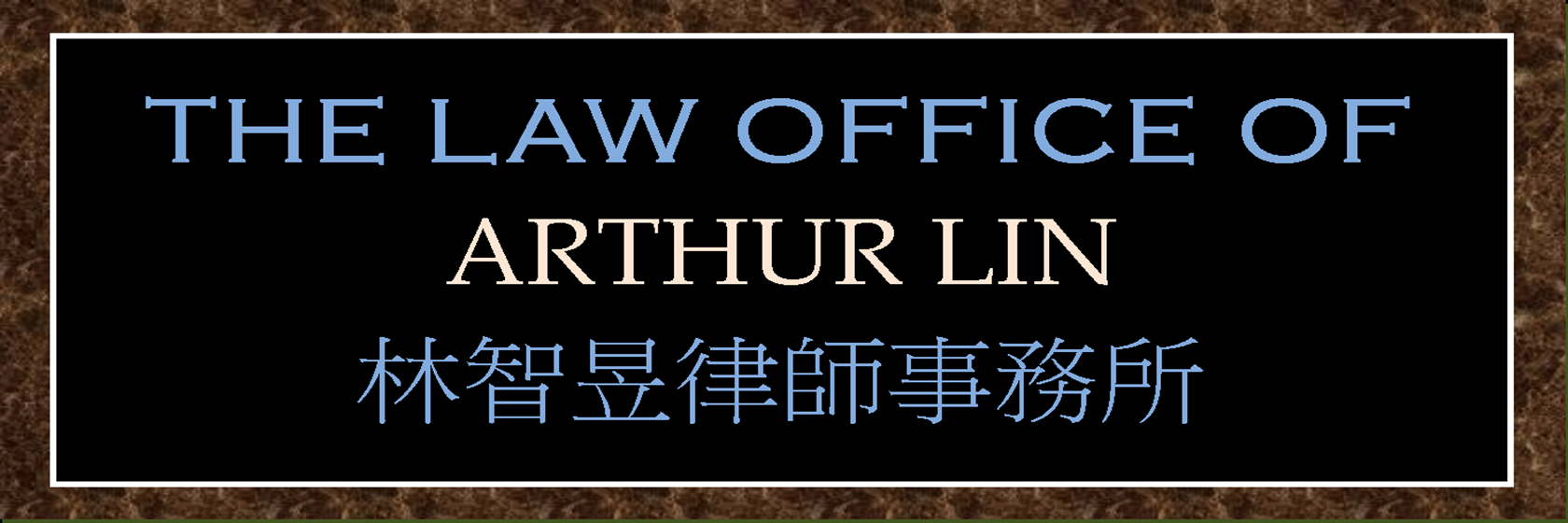Child Sexual Abuse
This is an extremely volatile area of family law. If a judge feels such an accusation is not valid, the judge may well punish the make of such an accusation very severely, including imposing a strict limit on contact between the accuser and the child.
Some people feel it is as bad to make a false accusation as it is to molest a child. I do not agree with that. To think that one must have skipped the research on this subject, and they haven’t dealt with the molested children and their tremendous range of problems.
If someone believes their child has been molested, and the parents are in the course of a divorce or are divorced, one has to be very careful in handling the matter. If there is any significant delay in having the child interviewed by a professional, the parent who thinks something happened may be accused of “coaching” the child. Of course, if a child reports something of concern, the parent is going to talk with them (and any other children) about it. Even well-meaning parents don’t know how to interview a child in such a situation; asking questions that suggest answers can create a huge problem. If this problem arises, it is important to see a capable professional immediately.
A parent can find themselves in a “double bind” in a sexual abuse case. If they report the abuse to CPS, they may find themselves accused of making false accusations. If they don’t report, CPS may take the child(ren) for failure to protect. I recommend A Mother’s Nightmare – Incest: A Practical Legal Guide for Parents and Professionals by John E. B. Myers (1997) which discusses this double bind.
People don’t want child sexual abuse to exist, and they certainly don’t want to hear about it. Mental health professionals and judges are not immune from going into denial to avoid this reality. This is not to say that false charges are never made; I have experience disproving such charges. But in general people’s natural reaction is to go into denial, and it can be very difficult to protect young children.
